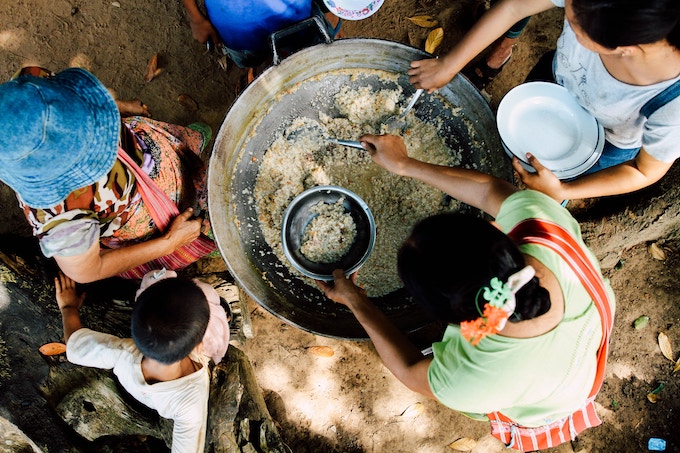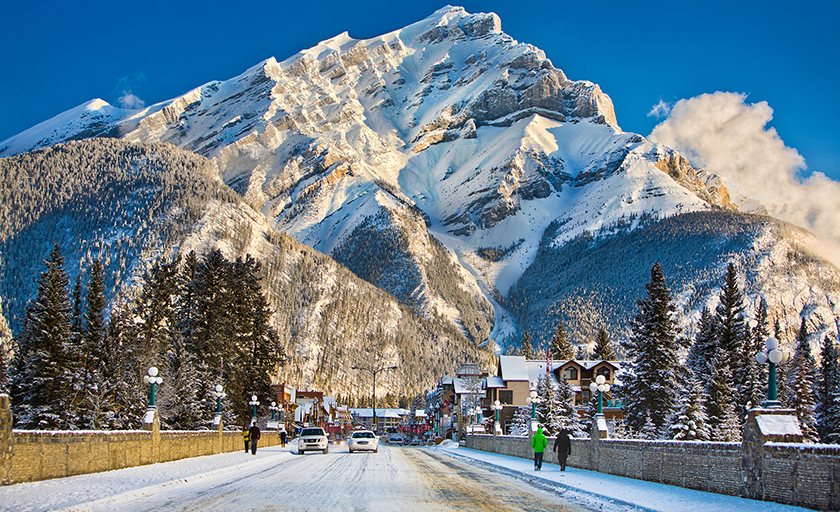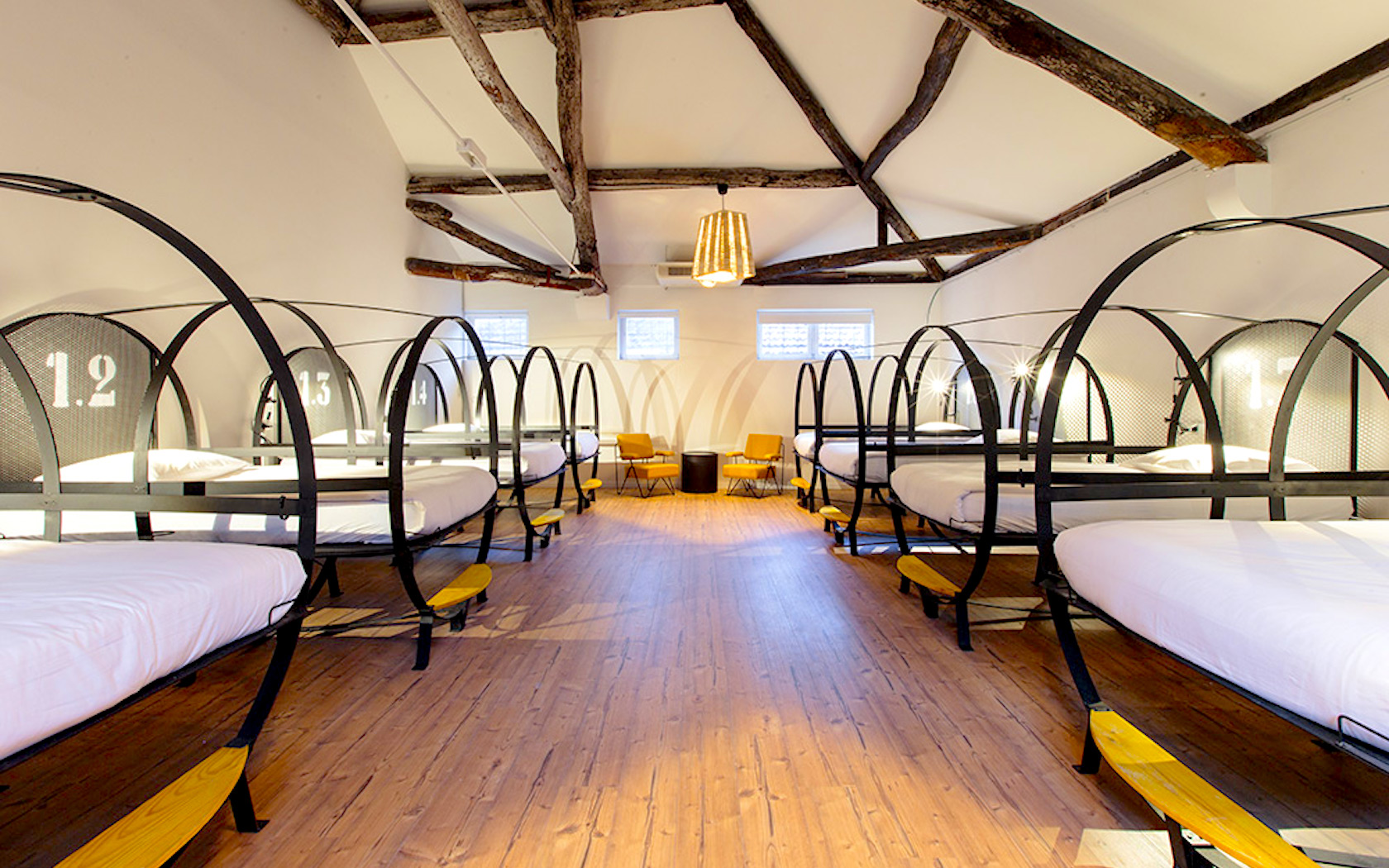7 Reasons You Should Trade In Your Hostel For A Homestay

Stephanie is a New York-based writer who is mildly obsessed…
Before travelling through Latin America I’d never entertained the idea of trying out a homestay. The concept seemed awkward and limiting to a young traveller (me) looking to explore.
What if I want to stay out late partying? Will my homestay mum and dad judge me? What if we don’t get along? What if we can’t communicate at all, reducing our exchanges to awkward hand-gestures and polite head nods?
I had a lot of questions and even more reservations. And yet, when I arrived in Nicaragua, I found myself bunking with a local family of three – that’s where my love for homestays began.
[related_articles]63689,64486,18297[/related_articles]Over the space of two months, I stayed with families in Nicaragua, Guatemala and Cuba, and can wholeheartedly say that my experiences in those homes were some of the best I’ve had during my travels.
Before you roll your eyes, hear me out! No, this may not be a trendy youth hostel with hot Swedish backpackers and a pub crawl every Tuesday, but a homestay has a lot of advantages, many of which you probably haven’t considered.
#1 You’ll learn how locals live

While in Guatemala, I stayed with a family of nine in a small village called San Juan La Laguna, off Lake Atitlán. The children were aged between around five and 18, and all of them were born at home, because the nearest hospital was too far and too expensive for their parents to access.
The family taught me how to make corn tortillas from scratch – a skill I did not take to very well, I gather, because my five-year-old hostess took my attempt at a tortilla, balled it up and flattened it for me. I was also shown where the kids went to school, where the family shopped and where locals accessed natural medicines.
#2 They usually include home-cooked meals
There’s no denying that homemade food is way more appealing than the sliced bread and jam combo you usually find at hostels. At most homestays, you’ll find breakfast and a couple of dinners will be included.
In Nicaragua, my homestay family served eggs in the morning and dishes like plantains, chicken, rice and beans for dinner. Every meal was made using fresh ingredients from their garden. They even made hibiscus cordial using flowers from the tree in their backyard. It was a simple and authentic view into the lives of these people and local foods.
#3 If language is a barrier, use it as an opportunity to learn

This was a point of concern for me initially because my Spanish is pretty damn awful, and I had never even heard the Mayan language of Tz’utujil that my homestay family in Guatemala spoke. I decided early on, however, that I would do my best with what little I knew and that I would try to pick up as much as possible.
It’s also worth remembering that most families who host foreign visitors have had English-speaking guests before, so many of them have figured out ways to communicate with us monolingual folk.
Turns out awkward hand-gestures and polite head nods aren’t so terrible.
#4 You won’t have to share a bedroom (hopefully)
While the accommodation was simple, I didn’t once share a bedroom with a stranger – only ever with the friends I had booked with.
That means a few things. No having to lock everything you own away every day. No early-morning whispers to avoid waking your fellow travellers. And (possibly most importantly) no need to blindly stumble to your bunk in the dark after a big night.
#5 The experience will introduce you to incredible people

Call it luck if you like, but I stayed with six families during my travels and they were all lovely.
I played (and lost) a game of basketball with kids in Guatemala. I was swept up into warm cuddles by my self-titled “Cuban mama” in Viñales, and I watched Enchanted in Español with a young family in Nicaragua.
Oh, and when I got home late from a night out in Trinidad, Cuba, my host just popped his head out to check I got home safe and went back to bed – no judgement.
#6 It’s affordable
The cost of a homestay is usually comparable, if not cheaper than, most hostels you’ll come across.
This property I stayed at in Guatemala charged AU$29 per night for a private single room with a shared bathroom and about AU$49 for a private twin room with a shared bathroom.
#7 You’ll support local families

This is the greatest part of the experience. These projects bring locals an extra source of income that can make a huge difference in the day-to-day lives of locals, especially in poorer cities.
People in small towns are able to profit off the tourism in the area and you’re able to get an authentic experience, which you otherwise would rarely get for an affordable price.
[related_articles]63689,18297[/related_articles]So, next time you’re planning a big vacay, give a homestay a try. Believe me, you won’t regret it.
Check out Qantas flights and begin your next adventure.
(Lead image: Devin Avery / Unsplash)
Stephanie is a New York-based writer who is mildly obsessed with travel and coffee. You can find her work on websites such as Whimn, Mamamia and GOAT.









